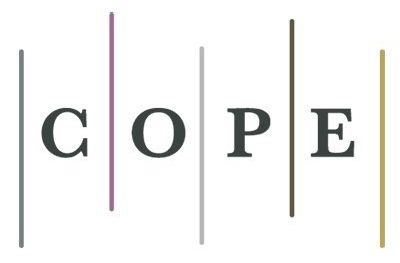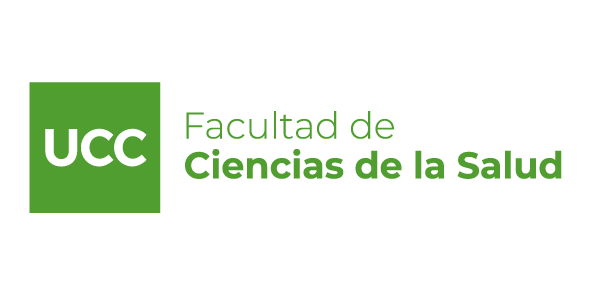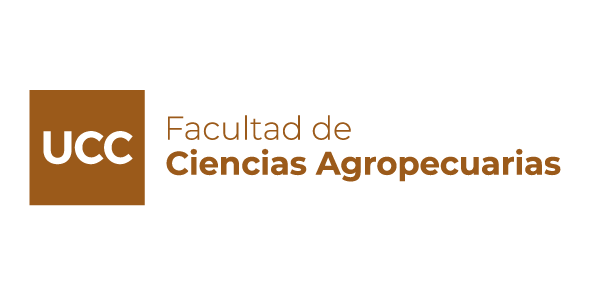Acrylamide in Food and Human Health. Revision
DOI:
https://doi.org/10.22529/me.2020.5(3)05Keywords:
acrylamide, mechanisms of formation, metabolization, toxicity, analysis methodologies, mitigationAbstract
Subsequent to the announcement made by Swedish researchers in April 2002 about the detection of
acrylamide (AA) in a wide group of foods, researchs papers have originated in different parts of the world.
Various topics of great importance are studied, among which that the kinetics of acrylamide formation and
degradation can be specified; the mechanisms proposed for its reduction; the instrumental methods used
for its determination and the results generated in both in vitro and in vivo experimental models.
This work reviews the different studies of the Food and Agriculture Organization of the United Nations
(FAO), World Health Organization (WHO), International Agency for Research on Cancer (IARC), Swedish
National Food Administration (SNFA)), Official Association of Analytical Chemists (AOAC), European
Food Safety Authority (EFSA) on the formation of acrylamide in food, metabolization, neurotoxicity,
carcinogenicity, acute and reproductive toxicity, dietary exposure, analysis methods and mitigation.
Published
Versions
- 2020-07-04 (2)
- 2020-07-03 (1)
How to Cite
Issue
Section
License
Copyright (c) 2020 Revista Methodo

This work is licensed under a Creative Commons Attribution-NonCommercial-ShareAlike 4.0 International License.




















